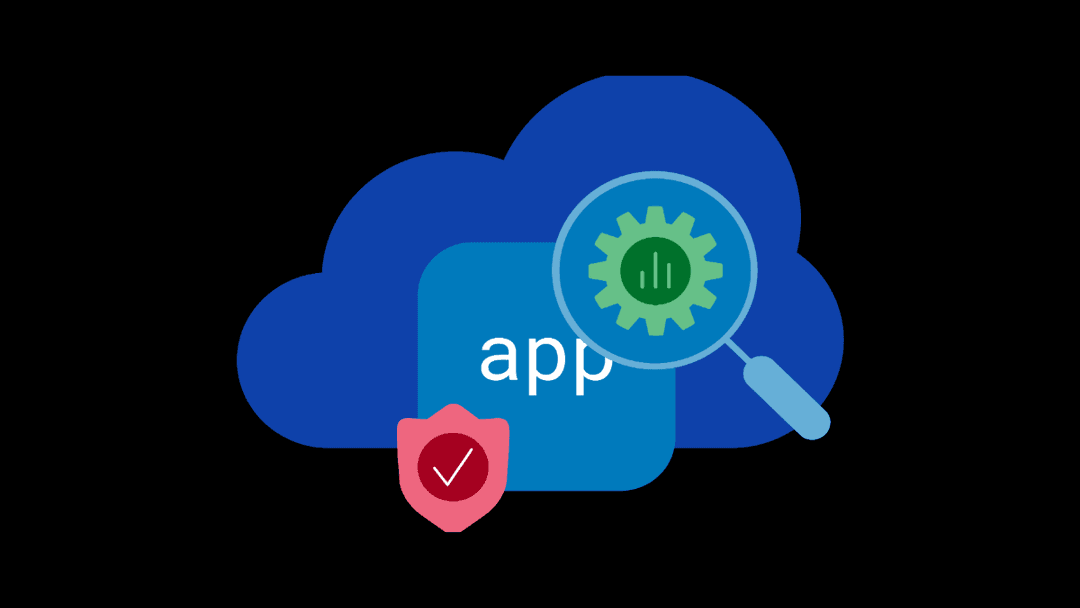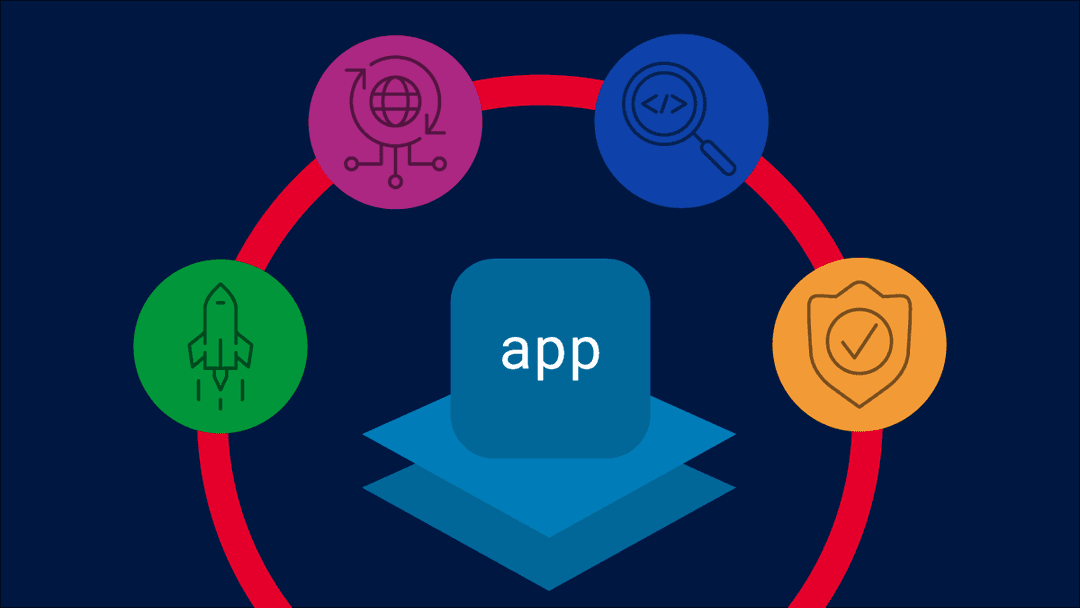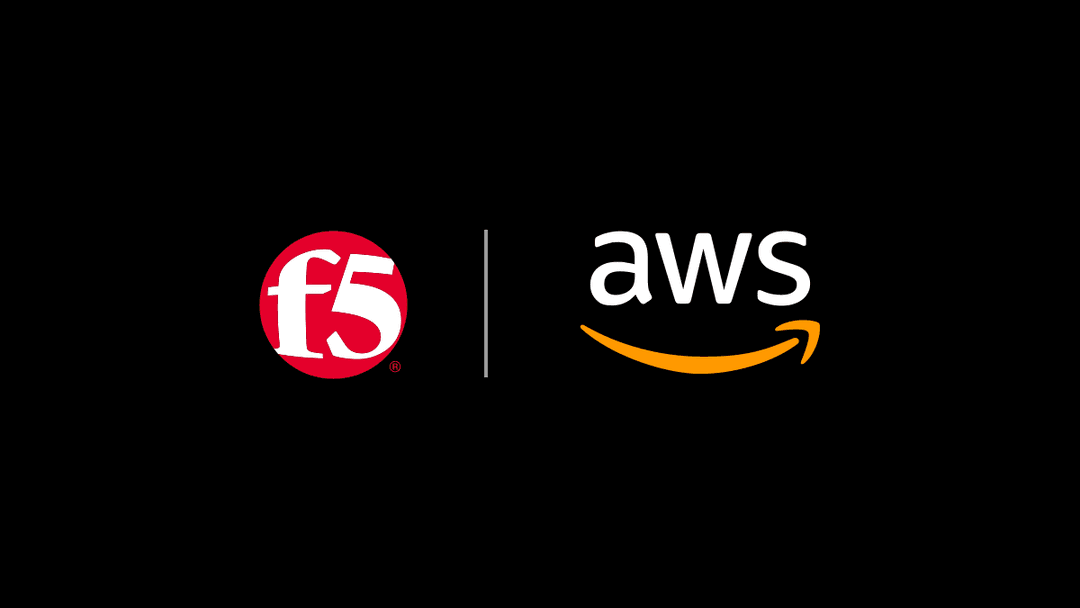In my regular missive – on what I call, “The Race to the Cloud” – I promised my next installment would be a continuation of the Cloud Migration Strategies discussion I introduced; but the one thing you can count on in this industry is change…and a lot has happened in the last couple of weeks that I wanted to touch on first.
Recently, many folks were astonished when VMware announced that it would be making its operating environment available for consumption in AWS. As F5 is a long-time partner of both AWS and VMware, I was quite pleased because the strategic significance to VMware’s customer community is easily discerned. The AWS benefits speak for themselves.
This week, VMware and IBM took things a bit further and made an announcement that involved F5 as well. VMware’s environment, supported by consistent, enterprise-grade F5 application services, and all enabled by IBM’s Cloud automation tools, is a significant feat. But what’s not apparent on the surface is that enterprise customers will have yet another choice in the transparent migration of workloads from on-premises environments to not just one, but to two significant cloud service providers – AWS and IBM. Add F5’s BIG-IP application services portability to the mix (check out F5’s Application Connector) and you’ve built an almost perfect world for easy and transparent application migration. Again, this move makes perfect sense to me.
And of course, it gets better…
Today, our cloud interconnection partner, Equinix, announced the opening of yet another co-location data center in San Jose (they call them IBX’s or “International Business Exchanges”) with Cloud-Exchange™, another term for what we might call multi-cloud interconnect facilities. Simply put, Equinix has delivered multi-cloud interconnection capabilities with its IBX’s and leverage F5 BIG-IP for enterprise-grade application services that give customers the flexibility they need for realizing the benefits of multi-cloud.
We here at F5 know that every cloud journey is different and every enterprise has differing needs. A few of the reasons our customers are telling us that they are embracing a multi-cloud strategy include:
- Agility to support and consume best-in-class applications or services (SLA/Capacity/Analytics/CRM) for deriving the best value from different cloud platforms
- Minimize the risk of widespread data loss or downtime (component failure, natural disaster, EMP, cyber-attack, …)
- Offer a richer user experience (latency, usability, …)
- Meet data sovereignty and compliance requirements
- Satisfy the diverse needs of partners and customers (remember Walmart’s declaration that “thou shalt not use AWS” that I discussed previously).
And multi-cloud strategies require cloud interchanges or, if you will, hubs. This is where Equinix comes in. With over 180 data centers in 44 markets across 5 continents, Equinix is taking charge in the enablement of the coming multi-cloud world.
Today’s announcement, combined with those of other strategic partners in a short period of time is the impetus for me to change contexts and share my latest thoughts with you.
In the past, I’ve alluded to my vision for a hybridized IT environment that differs from the contemporary cloud consumption model. In that world, I envision the flexibility to host any workload, anywhere, with transparent migration among any environment, cloud or on-premises, with complete application visibility – all at “the push of a button.”
We’ve all seen cloud pricing wars. Competition based only on price drives the “race to the bottom.” Services will provide differentiation, as well as the only real (and sustainable) opportunity in terms of both revenue and profit for CSPs. Because spot compute pricing is so elastic, CSPs would rather sell excess capacity for “more than zero” than let it remain idle. That’s a pretty fundamental tenet of efficiency, the very one that gave rise to the cloud (I’ve mentioned IBM’s MVS/TSO in the past and I’ll not date myself any further today.) And if you can support the very same F5 application services on which enterprise customers have come to rely, then all the better.
Imagine a world where you can transparently move a workload based on changes in user experience demands, changes in compliance or regulatory requirements, or even simply on cost. It’s kinda cool and a GREAT benefit to enterprise businesses.
Application flexibility…yes…but more importantly the ability to make your applications go faster, smarter, and safer with F5 and Equinix.
So, if you read the handwriting on the proverbial wall, we are quickly moving to an environment that enables cloud arbitrage in a real way. With that said, I titled this post as “The Dawn of Cloud Arbitrage” and will certainly revisit this topic as I continue to formulate my thoughts.
In any case, I’m really excited that Equinix is continuing its efforts to promote its interconnect vision and grow its footprint even more. Oh, and if you need a reminder of why F5 and Equinix partnered initially…our customers were asked and here are some of their reasons why:
- Consistent user experience across all cloud applications, globally
- Orchestration of command and control over network traffic and security for cloud infrastructure operations
- Secure access for all users across public and private cloud-based applications, workloads, and data
- A highly resilient and responsive IT infrastructure
These are just a sampling of the benefits joint customers enjoy, aligned with the compelling F5/Equinix partnership. We congratulate them on yet another positive move in expanding their presence in Silicon Valley, an effort we are proud to have a hand in.
About the Author
Related Blog Posts

SaaS-first strategies reshape cloud-native application delivery
F5 NGINXaaS empowers cloud and platform architects to unify operations, reduce complexity, and deliver exceptional digital experiences at scale.

F5 ADSP Partner Program streamlines adoption of F5 platform
The new F5 ADSP Partner Program creates a dynamic ecosystem that drives growth and success for our partners and customers.

Accelerate Kubernetes and AI workloads with F5 BIG-IP and AWS EKS
The F5 BIG-IP Next for Kubernetes software will soon be available in AWS Marketplace to accelerate managed Kubernetes performance on AWS EKS.
F5 NGINX Gateway Fabric is a certified solution for Red Hat OpenShift
F5 collaborates with Red Hat to deliver a solution that combines the high-performance app delivery of F5 NGINX with Red Hat OpenShift’s enterprise Kubernetes capabilities.
F5 Silverline Mitigates Record-Breaking DDoS Attacks
Malicious attacks are increasing in scale and complexity, threatening to overwhelm and breach the internal resources of businesses globally. Often, these attacks combine high-volume traffic with stealthy, low-and-slow, application-targeted attack techniques, powered by either automated botnets or human-driven tools.
Phishing Attacks Soar 220% During COVID-19 Peak as Cybercriminal Opportunism Intensifies
David Warburton, author of the F5 Labs 2020 Phishing and Fraud Report, describes how fraudsters are adapting to the pandemic and maps out the trends ahead in this video, with summary comments.